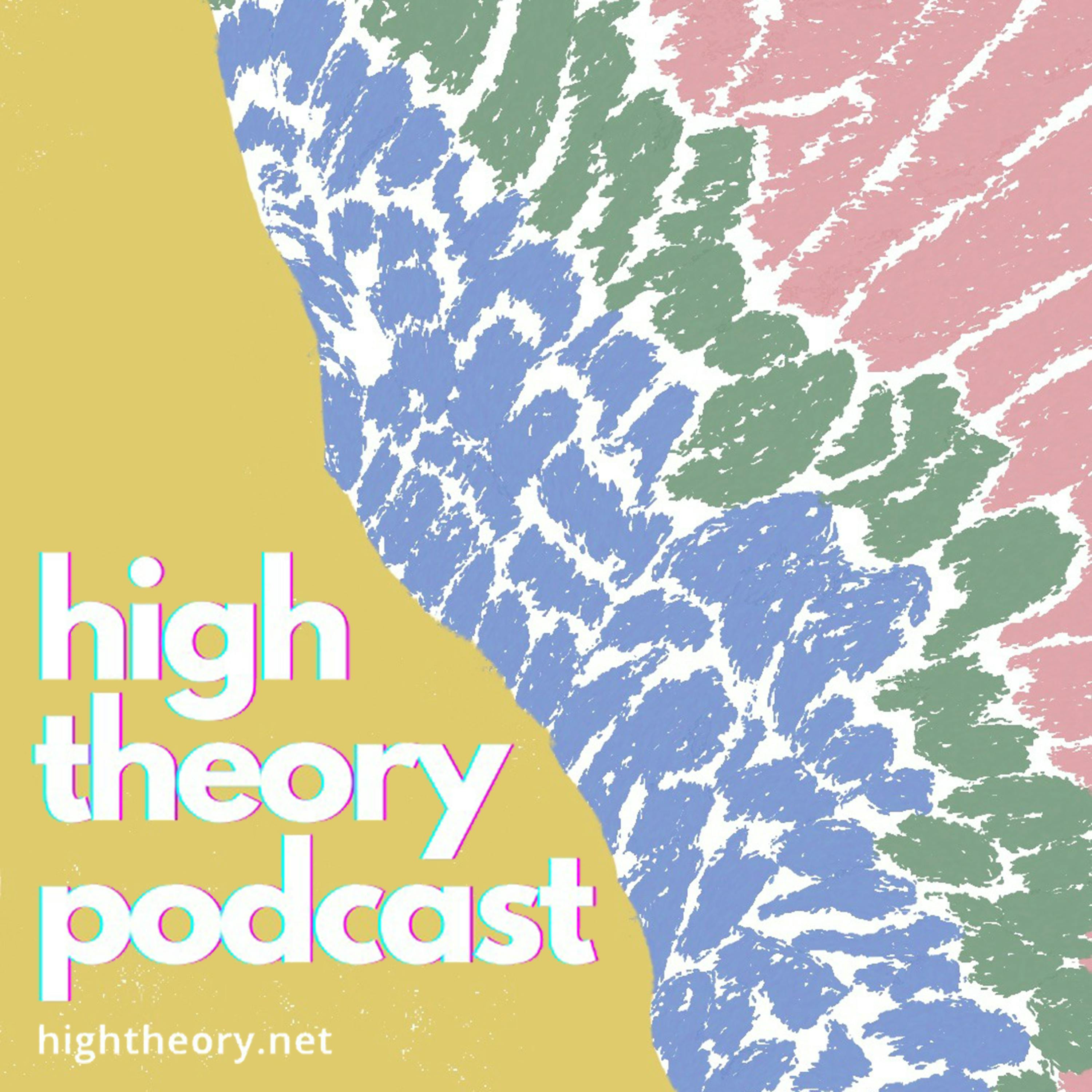Melodrama
Description
We often misuse the word melodrama with abandon, especially to characterize other people’s behaviors, but Greg Vargo defines it for us once and for all. Emerging in the eighteenth and nineteenth centuries as the predominant Western theatrical form, it is a genre of crisis. To that end, it employed hyperbolic language, extreme situations, extraordinary coincidences, stark oppositions and so on. Greg talks about his own ongoing work on melodramas about race, their histories of performance, and the storied career of the African American actor Ira Aldridge.
Greg Vargo is Associate Professor at the Department of English, New York University. His research focuses on the literary and cultural milieu of nineteenth-century British protest movements and the interplay between politics, periodical culture, the novel and theater. His first book, An Underground History of Early Victorian Fiction: Chartism, Radical Print Culture, and the Social Problem Novel (Cambridge UP, 2018), won the 2019 North American Victorian Studies Association’s award for best book of the year in Victorian Studies. He has recently edited Chartist Drama (Manchester UP, 2020), a collection of four plays written or performed by members of the working-class movement for social and political rights known as Chartism. A new project focuses on anti-imperialism in nineteenth-century popular culture (across such media as penny novels and stage melodrama) as well as in radical politics.
Image: © 2024 Saronik Bosu
Learn more about your ad choices. Visit megaphone.fm/adchoices
More Episodes
In this episode of High Theory, Mackenzie Cooley talks about animals. The animal lies at the center of science and the human, from imperial conquest and Enlightenment thought to the creatures on our dinner plates and beside us at the table. The practices of animal breeding and the politics of...
Published 04/08/24
Published 04/08/24
In this episode of High Theory, Jonathan Kramnick talks about Close Reading. Contrary to the name, it is less a form of slow or focused reading than an immersive practice of writing. The classic methodology of New Criticism has become, in Kramnick’s estimation, the shared foundation of literary...
Published 03/02/24


